8 Proven Benefits of Chess for Better Decision-Making
The benefits of chess go far beyond being a mere pastime; it’s a strategic and intellectual pursuit that hones mental faculties and sharpens decision-making skills. Whether you’re playing casually or competitively, chess challenges the mind in ways that few other activities can. By engaging both sides of the brain, this ancient game improves memory, focus, and strategic thinking, making it an ideal tool for enhancing everyday decision-making abilities. As the world becomes increasingly complex, the benefits of chess for better decision-making are more relevant than ever, helping players to think critically and plan ahead.
Chess forces players to evaluate multiple possibilities, consider potential consequences, and make strategic choices under pressure—skills that translate directly into making informed decisions in real life. Whether you’re in a high-stakes business environment or navigating personal challenges, the mental discipline cultivated through chess can lead to smarter, more calculated decisions. Dive into the proven benefits of chess and discover how this timeless game can help you make better choices in all aspects of life.
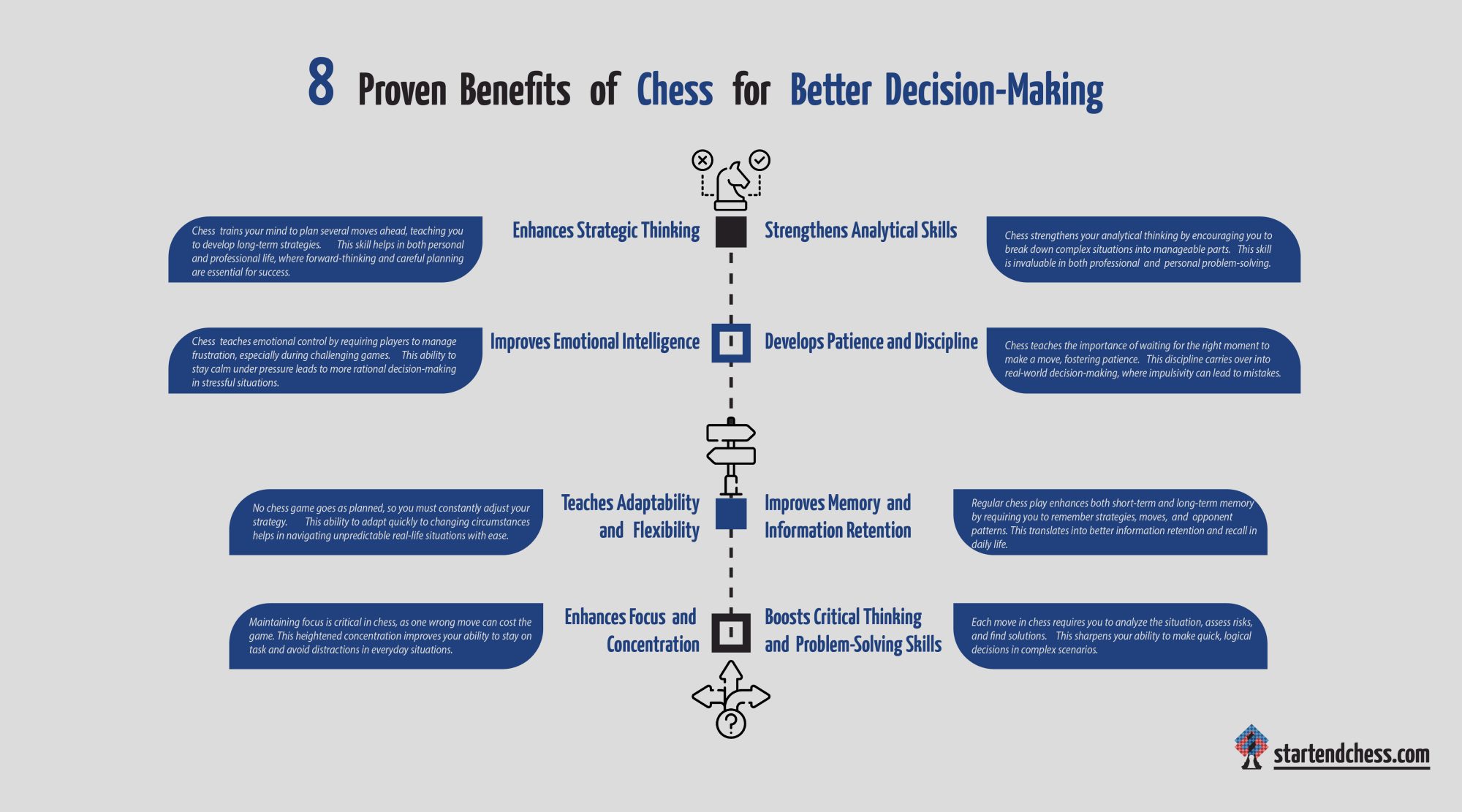
- How does chess improve decision-making skills?Chess enhances decision-making by training players to think strategically, analyze situations critically, and anticipate potential outcomes. Each move requires considering the long-term impact, teaching players to make thoughtful, informed decisions both in the game and in real life.
- Does chess help with emotional control during decision-making?Absolutely. Chess teaches emotional intelligence by requiring players to manage stress, frustration, and the pressure of competition. This helps in making calm, rational decisions under emotional strain in real-life situations.
- How often should I play chess to see improvement in decision-making?Consistent practice is key. Even playing chess for an hour a few times a week can help enhance critical thinking and decision-making skills over time, as the game continually challenges your brain to think strategically and adapt to new situations.
- Can children benefit from chess in terms of decision-making?Yes, chess is highly beneficial for children. It helps develop critical thinking, patience, and problem-solving skills from an early age, laying the foundation for better decision-making as they grow older.
-
Enhances Strategic Thinking
At its core, chess is a strategic game that deals with long-term planning. Every move one makes while playing is not in itself but rather part of some grand strategy. A player has to think about the immediate situation on the board and predict what might happen. This resembles real-life decision-making situations where strategic moves have to be planned.
Planning, as in business for example, is one of the major fields where anyone thinks ahead. Chess players sharpen such ability by thinking several moves in advance, where further developments, weighing of risks, and informed decisions could be made.
How It Helps:
- Improves foresight and risk assessment
- Encourages long-term planning
- Develops a structured approach to problem-solving
-
Boosts Critical Thinking and Problem-Solving Skills
Chess has often been thought of as a battle of wits where sharp critical thinking is often required to outwit an opponent. Every game is different, with many possible moves, and requires critical judgments and decisions under incomplete information-like decisions in real life, where we seldom have all the information about any given circumstance.
How It Helps:
- Sharpens analytical skills
- Encourages you to weigh the pros and cons of each move (or decision)
- Teaches how to make decisions under pressure and time constraints
-
Improves Memory and Information Retention
Chess involves memorizing and remembering various strategies, openings, and tactical plays. With increased exposure to time, playing these games will assist an individual in achieving both short-term and long-term memories. The players memorize main moves, whole sequences of games, and even board setups that could help an individual in creating neural connections that eventually help them in retaining information.
Better memory in real life means that one can remember past decisions more effectively to help an individual make more correct choices in the future. This benefit is especially applicable to those careers that demand heavy decisions, such as law, finance, and management.
How It Helps:
- Enhances memory recall and retention
- Aids in recognizing patterns and trends
- Helps you learn from past mistakes for better future decision-making
-
Develops Patience and Discipline
Chess is a patience game that involves calculated moves. Unlike the fast pacing games, chess is all about deliberate thinking and sometimes long waits before getting the results of your decisions. Such kind of patience trickles down to making better decisions in real life situations where impulsiveness often leads to poor results.
Patience at the chessboard develops a sense of taking time to weigh alternatives before making a final decision. A trait quite useful in the contemporary world, where quick decisions have become the order of the day.
How It Helps:
- Reinforces patience, an essential trait in sound decision-making
- Helps reduce impulsive decision-making
- Encourages self-control and disciplined thinking
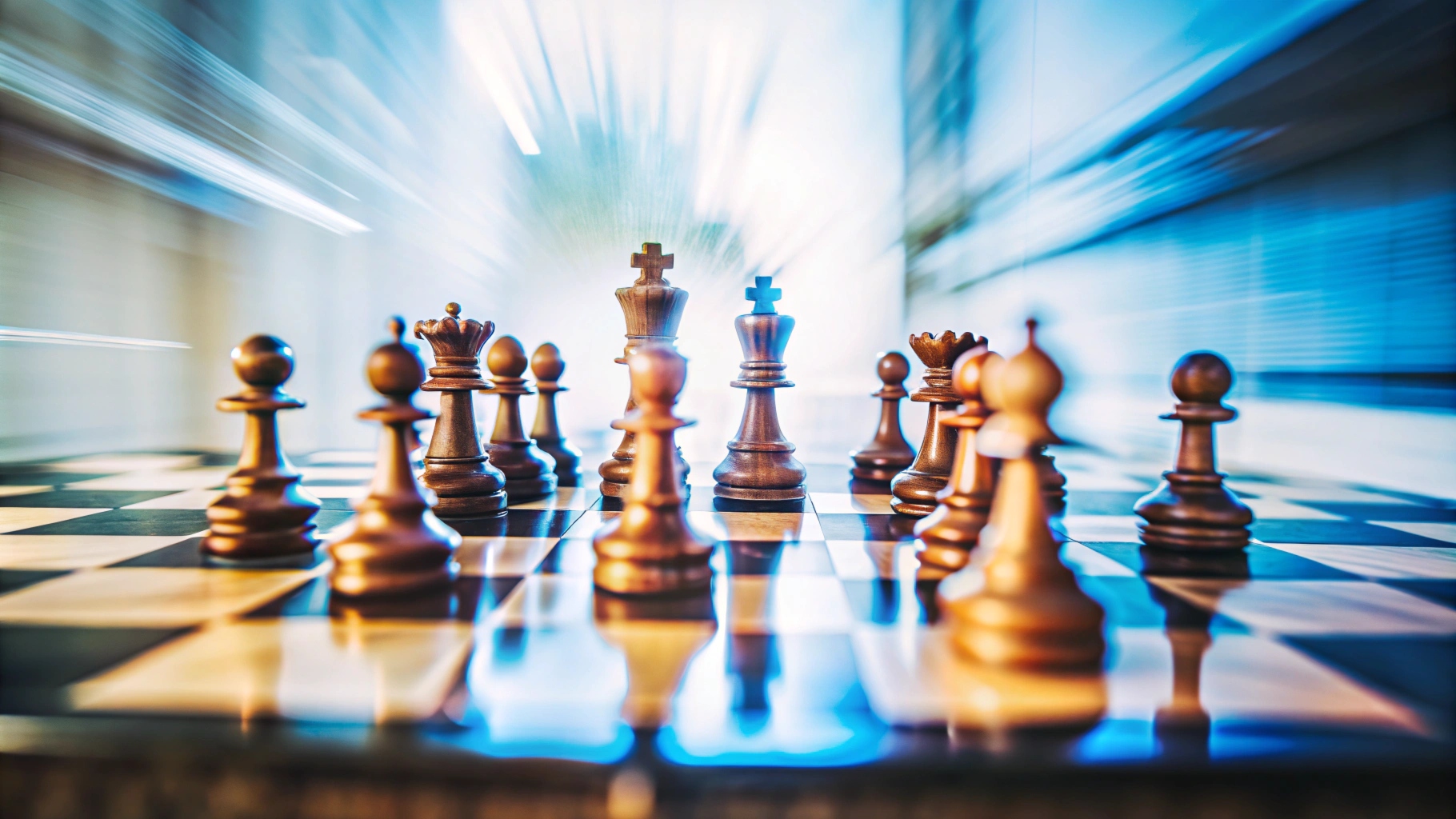
-
Enhances Focus and Concentration
In chess, a player has to be aware of every move. The player has to be focused during the entire match while thinking of his move and how his opponent can reply. Such tremendous levels of focus can only be achieved through practice.
Where decision-making is concerned, it is all about focusing. Most bad decisions have indeed been connected with a distraction or lack of concentration. Chess builds your focusing skills in that you are more likely to stay on track with minimal external influence when you have to make critical decisions.
How It Helps:
- Increases mental endurance and concentration
- Reduces mental fatigue, allowing for clearer thinking
- Trains you to stay focused on a single task or goal
-
Improves Emotional Intelligence
Whereas chess is a game of reasoning and intellect, during tournaments, emotions usually run high. The art of managing one’s emotions, especially after losses or during strained conditions, forms the principal basis in both chess and life’s decision-making. On the other hand, emotional intelligence, or the capability to sense and manage your feelings, plays a most important role in balanced, rational decision-making.
Chess helps the player keep his or her feelings under control and try not to make impulsive or emotional decisions. Hence, you will be in a better perspective to think through your decisions and make sound ones under stress or pressure.
How It Helps:
- Increases self-awareness and emotional control
- Reduces emotional decision-making
- Teaches how to manage stress during difficult situations
-
Strengthens Analytical Skills
Every move in chess is calculated. The players need to consider several factors: the situation with their pieces, any immediate or possible threats from the opponent, and what might happen in the future as a consequence. It is such an analysis that develops the ability to break down complex problems into smaller ones-manageable parts-which is crucial in decision-making in every aspect of life.
This comes especially in handy at the workplace, where every decision taken involves not one or two but many variables. Chess helps you build a habit whereby, before taking any decision, you weigh all aspects of it to come out with the best decision.
How It Helps:
- Encourages a logical and methodical approach to decision-making
- Enhances problem decomposition skills
- Builds the habit of looking at situations from multiple perspectives
-
Teaches Adaptability and Flexibility
No chess game goes according to a plan. The players need to be ready to change their strategy based on the moves of their opponent. This flexibility is key in making good decisions in life. Be it personal or professional, one needs to know when to change course and adjust plans in light of the way things have gone.
The ability to adapt is everything when industries move fast, life is unpredictably hitting you with curveballs, and even your personal life. Chess conditions you for thinking on the fly, rapidly changing strategy without losing sight of the big picture.
How It Helps:
- Increases adaptability in changing situations
- Teaches you how to handle unexpected challenges
- Reinforces the importance of being flexible with your decisions
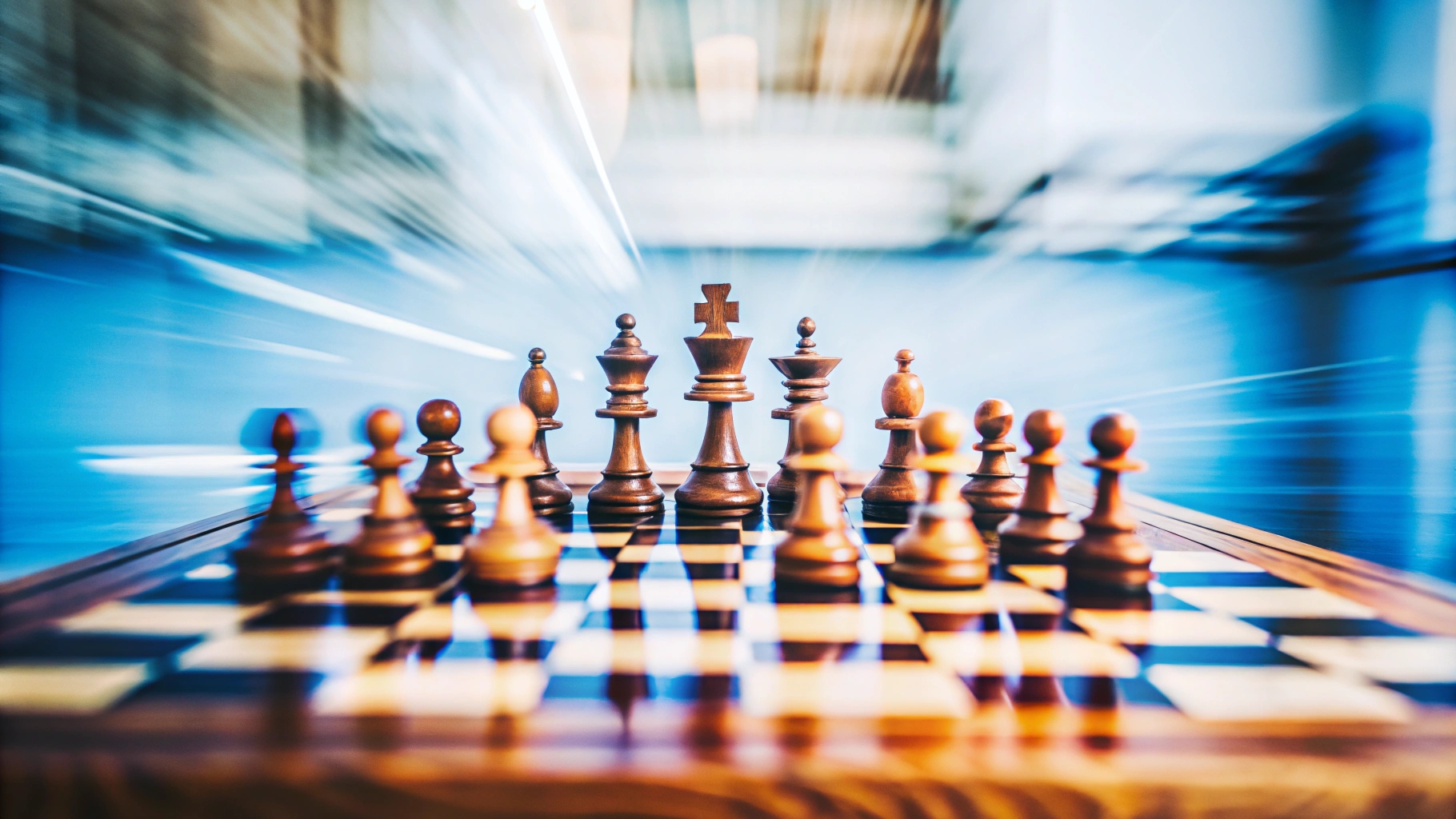
Conclusion:
Chess isn’t just a game—it’s a powerful tool for developing essential cognitive and decision-making skills. By enhancing strategic thinking, boosting memory, and improving focus, the benefits of chess for better decision-making are undeniable. Whether you’re planning a business move, making personal choices, or simply aiming to think more clearly under pressure, chess offers a mental workout that prepares you for real-life challenges. With each move, you learn to weigh options carefully, adapt to changing circumstances, and make smarter decisions, both on and off the board.
Incorporating chess into your routine is more than just a way to pass the time—it’s an investment in your mind. The benefits of chess extend far beyond the game, sharpening your ability to analyze situations, anticipate outcomes, and respond thoughtfully in any scenario. So, why not take up this timeless game and experience firsthand how it can transform the way you approach decision-making in all areas of your life? Start playing chess today, and watch your decision-making abilities evolve!
We’ve prepared a podcast to accompany this article, offering the same insights in an audio format. If you enjoy listening, give it a play!
References:
- Scientific American. The Cognitive Benefits of Playing Chess.
- Psychology Today. Chess and Critical Thinking: The Psychology of Strategy.
- Harvard Business Review. Strategic Thinking: Lessons from Chess.
- PubMed. The Impact of Chess on Cognitive and Memory Enhancement.
- FIDE (World Chess Federation). The Educational and Cognitive Benefits of Chess.
- BBC Future. How Chess Improves Focus and Decision-Making.
- Journal of Cognitive Enhancement. Chess as a Tool for Developing Critical Thinking Skills.
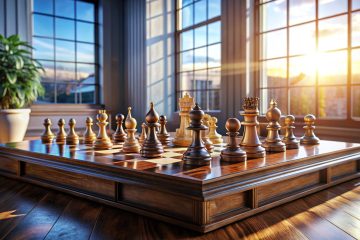
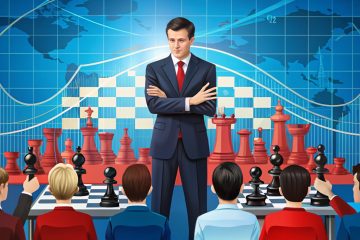
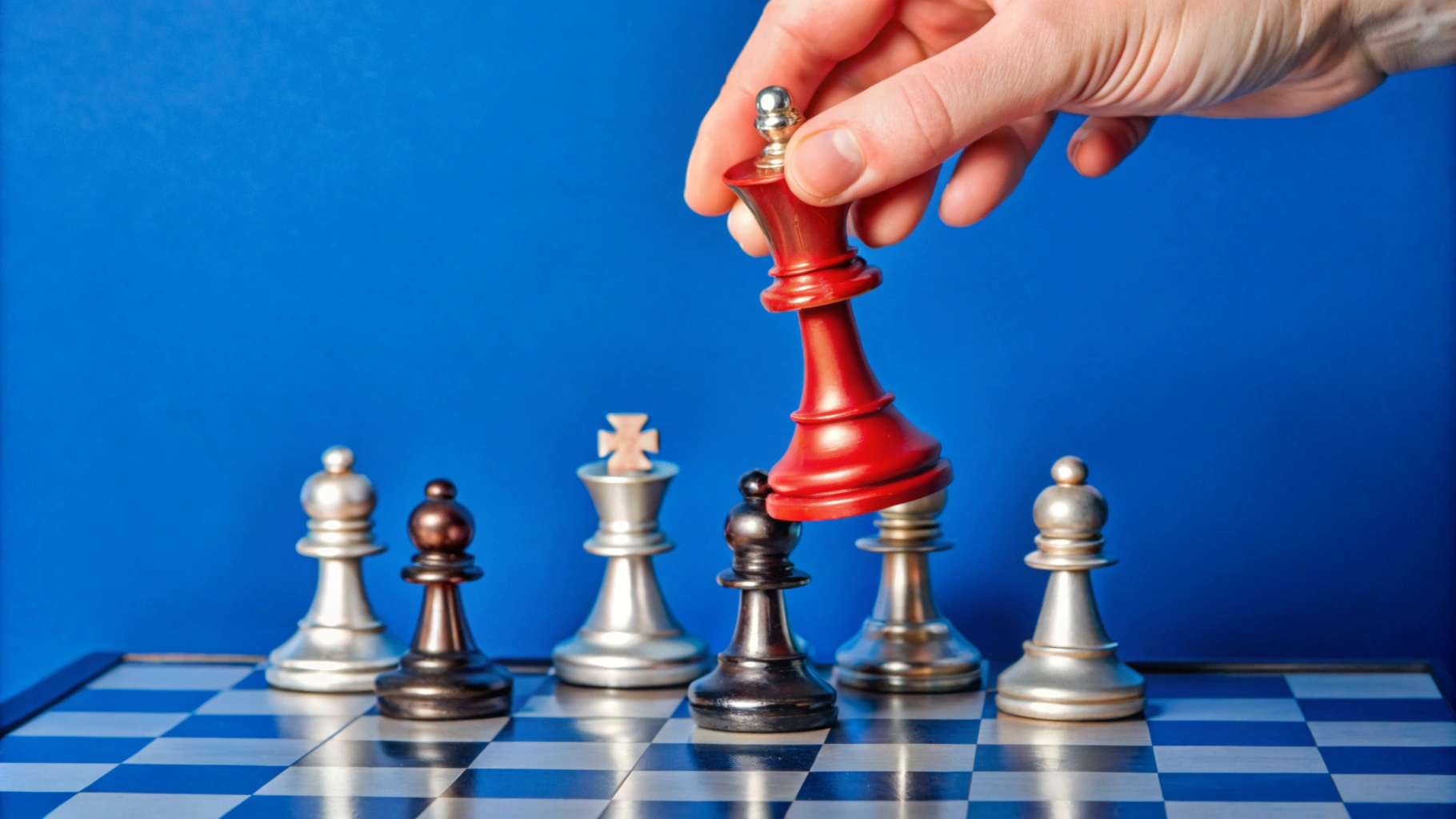
0 Comments